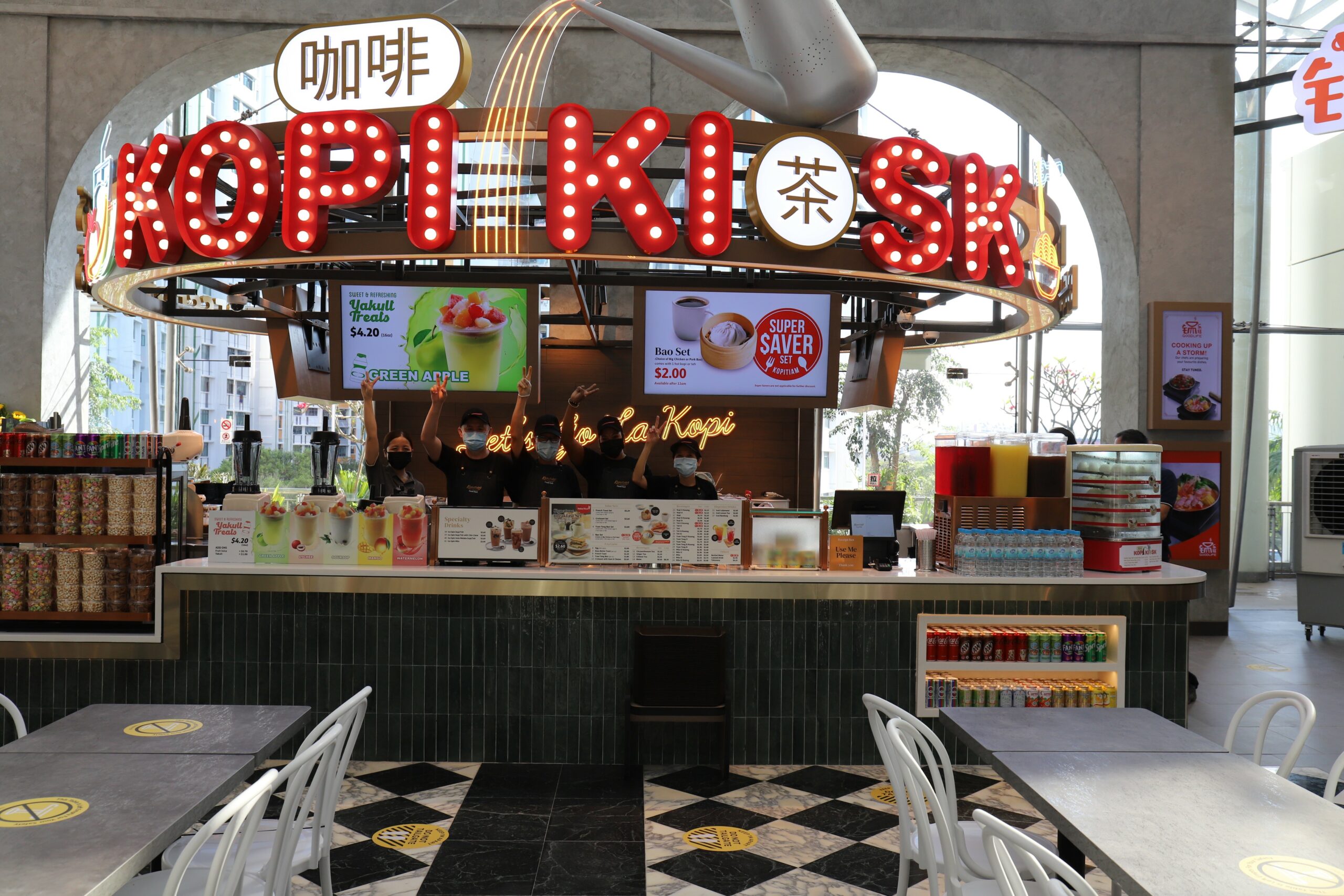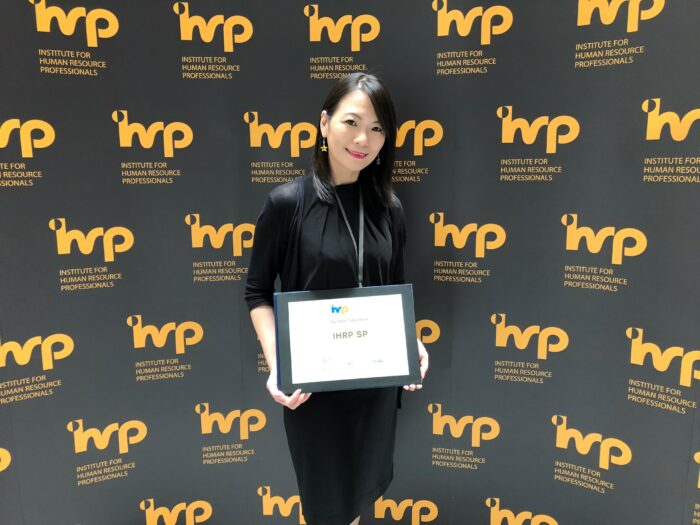Propelling growth through a people-centric approach to training
- Shawn Liew

As job roles and functions continue to evolve because of technology and the disruptions caused by the pandemic, organisations are increasingly looking to deliver new business models by reskilling and upskilling their workforce.
Where Singapore’s FairPrice Group is concerned, the priority is to invest in employees, and help them to reach their full potential through various learning approaches.
Irene Tay, HRPB Lead, FairPrice Group, Food Services, told HRM Magazine Asia, “Our employees are actively encouraged and nudged regularly to attend trainings to acquire and refresh their skills and knowledge. They are sent for a variety of training programmes under the Skills Framework and given options to apply for courses that are relevant to their professional development.”
Developed by SkillsFuture Singapore (SSG), the Skills Framework aims to create a common skills language for individuals, employers, and training providers, as well as facilitate skills recognition and support the design of training programmes for skills and career development in Singapore.
To allow employees to learn in their environment of choice, FairPrice Group’s training programmes are delivered via various platforms and formats, including classroom, virtual, hybrid, peer-to-peer, and microlearning.
Tay elaborated, “With NTUC Learning Hub as our strategic partner, we develop and curate programmes to strengthen employees’ skills and increase their readiness for future roles and challenges. We have not wasted the pandemic but made use of the crisis to enlarge learning options, reinvigorate training programmes and enabled employees to adapt and adopt to new ways of working and learning.”

“We have not wasted the pandemic but made use of the crisis to enlarge learning options, reinvigorate training programmes and enabled employees to adapt and adopt to new ways of working and learning.” – Irene Tay
While digital skills remain critical for FairPrice Group as they continue their organisational transformation journey, ‘core skills’ such as adaptability, learning agility, customer orientation, problem solving, communication and collaboration are increasingly gaining importance, said Tay.
“Most of our front-facing roles have adopted technology in their daily work. Although there are some who have yet to embark on this adoption, we expect them to learn as we bring in new solutions,” she explained. “As change is constant and customer-centric, employees need to be customer-oriented and able to solve problems empathetically in a collaborative manner. The change in mindset in learning agility, adapting to changes, and communicating well are weaved in through roadshows, townhalls, and training sessions.”
Creating a people strategy that attracts and retain the best talent
Besides offering a fair renumeration package, many organisations today are focusing on building a strong Employee Value Proposition (EVP). A well-articulated EVP, combined with a great employee experience, will allow employers to market their brand and entice those who subscribe to the same values to join the organisation, said Tay.
She added, “It is critical to create and grow the brand value to attract talents to join your organisation. At FairPrice Group, we are fair and consistent in our decision making on pay and rewards for employees and we are focused on the people pillars of greater care, convenience, and career. Technology and automation have become the common business solutions and these need people to drive them – people are the key factor in delivering business results.”
FairPrice Group is also driving the employee experience with care, bringing convenience and career opportunities to their employees.
Through the MyHR app, employees can track their career milestones, handle requests, and self-automate benefits administration at their own convenience. With this peace of mind, employees are then equipped with the relevant skills that will help create greater job satisfaction and career longevity within the organisation, while internal career mobility is an important factor for talent attraction and retention, Tay revealed.
She continued, “Discussion on skills development forms a part of the performance management review process to engage our employees through a self-led career planning. Across the organisation, the visibility in career opportunities, transparency of skills for the jobs and selection process makes internal mobility accessible and convenient for our employees. This provides a win-win outcome that not only satisfies employee needs at different life stages but also strengthen the organisation position on talent retention.”
With organisational transformation a priority for many businesses in 2022, the challenges ahead will largely revolve around building people capabilities and deepening their core skills to stay relevant, Tay predicted.
As for the food services industry, she highlights, “Having the passion to serve, and the appetite to learn, are keys to doing well in food services, and we also need to prepare and be ready for the sectoral Progressive Wage Model implementation in Singapore.”
Click here to assess the IHRP Playbook for Food Services, which is specially designed to help Singapore businesses in the food and beverage (F&B) sector address their business and HR challenges with a curated set of practical HR resources, tools, and templates. In addition to strategies and solutions.






